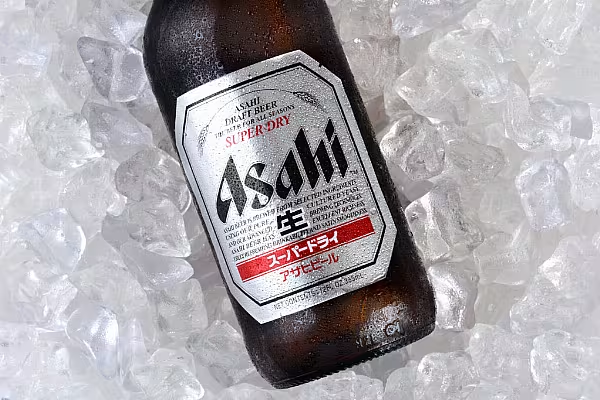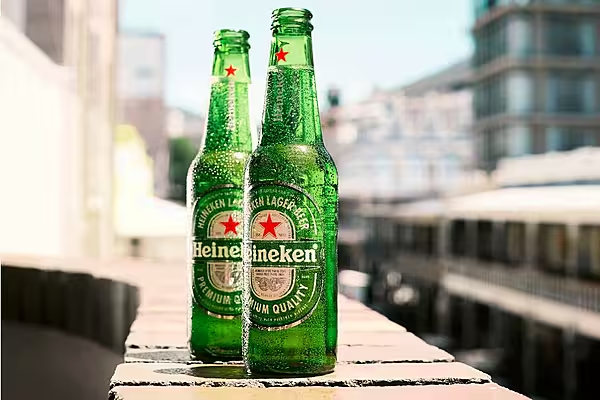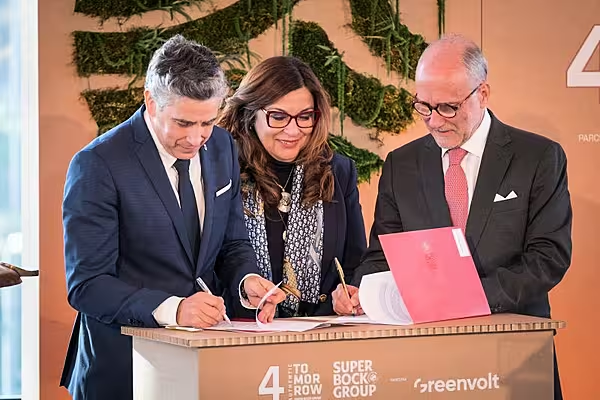Japan's Asahi Group Holdings said it will aim to halve its debt and forego overseas investments after spending $11 billion (€9.25 billion) to buy the Australian operations of Anheuser-Busch InBev.
"Basically, we are not considering any large-scale acquisitions," said Atsushi Katsuki, who became Asahi's new chief executive in March.
The owner of brands including Asahi Super Dry, Peroni and Pilsner Urquell will aim to reduce its debt to EBITDA (earnings before interest, taxes, depreciation and amortisation) to three times from six at the end of December.
Asahi won regulatory approval last year to buy the Australian brands Carlton & United Breweries (CUB) after agreeing to sell other assets in the country. Katsuki previously led Asahi's operations in Australia and Oceania before becoming its chief financial officer in 2019.
Increased Premiumisation
In mature markets like Japan and Europe, Katsuki told Reuters he wanted to "premiumise" products: selling drinks at higher prices as shrinking populations mean that high volume sales may no longer be possible.
In Japan, Asahi has been hit harder than rivals by the COVID-19 pandemic due to its dependence on keg sales to restaurants and bars - many of which have struggled amid the prolonged crisis. Even so, the company in February forecast its full-year operating profit will exceed levels seen in 2019.
Speaking about the Carlton & United Breweries deal last summer, Carlos Brito, chief executive officer of AB InBev, commented, “Despite the challenging environment, our colleagues working on this transaction showed great dedication and remained focused on delivering to its completion. I would like to thank them and also the CUB team for their continued commitment and resilience.”
In December 2019, Australia's competition regulator raised concerns over the deal, saying that said it will reduce competition in the cider market and may also do so in the beer market. [Pic: ©Steven Cukrov/123RF.COM]
News by Reuters, edited by ESM. Click subscribe to sign up to ESM: European Supermarket Magazine.











